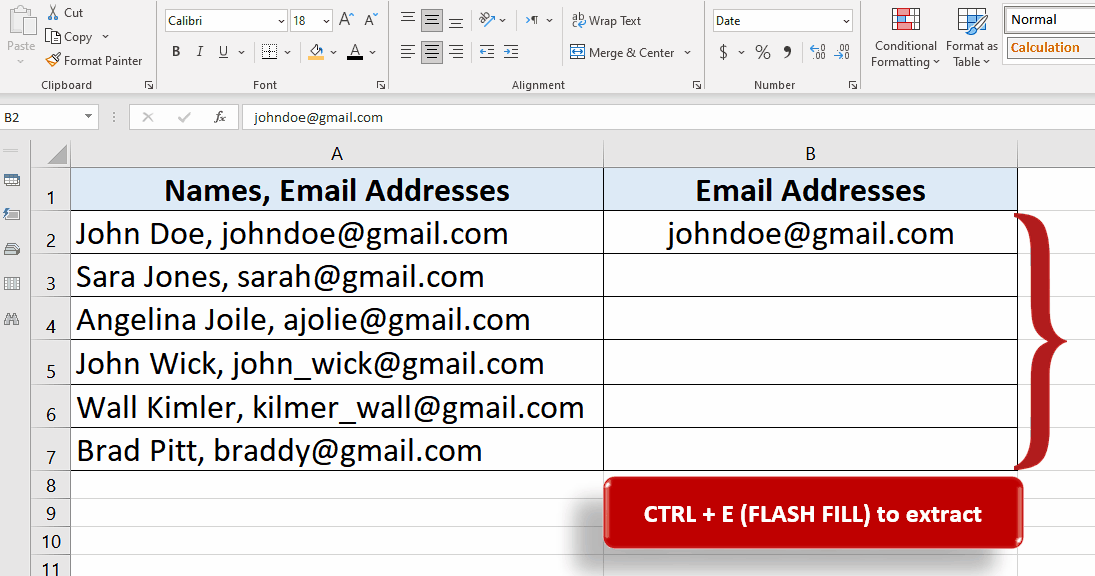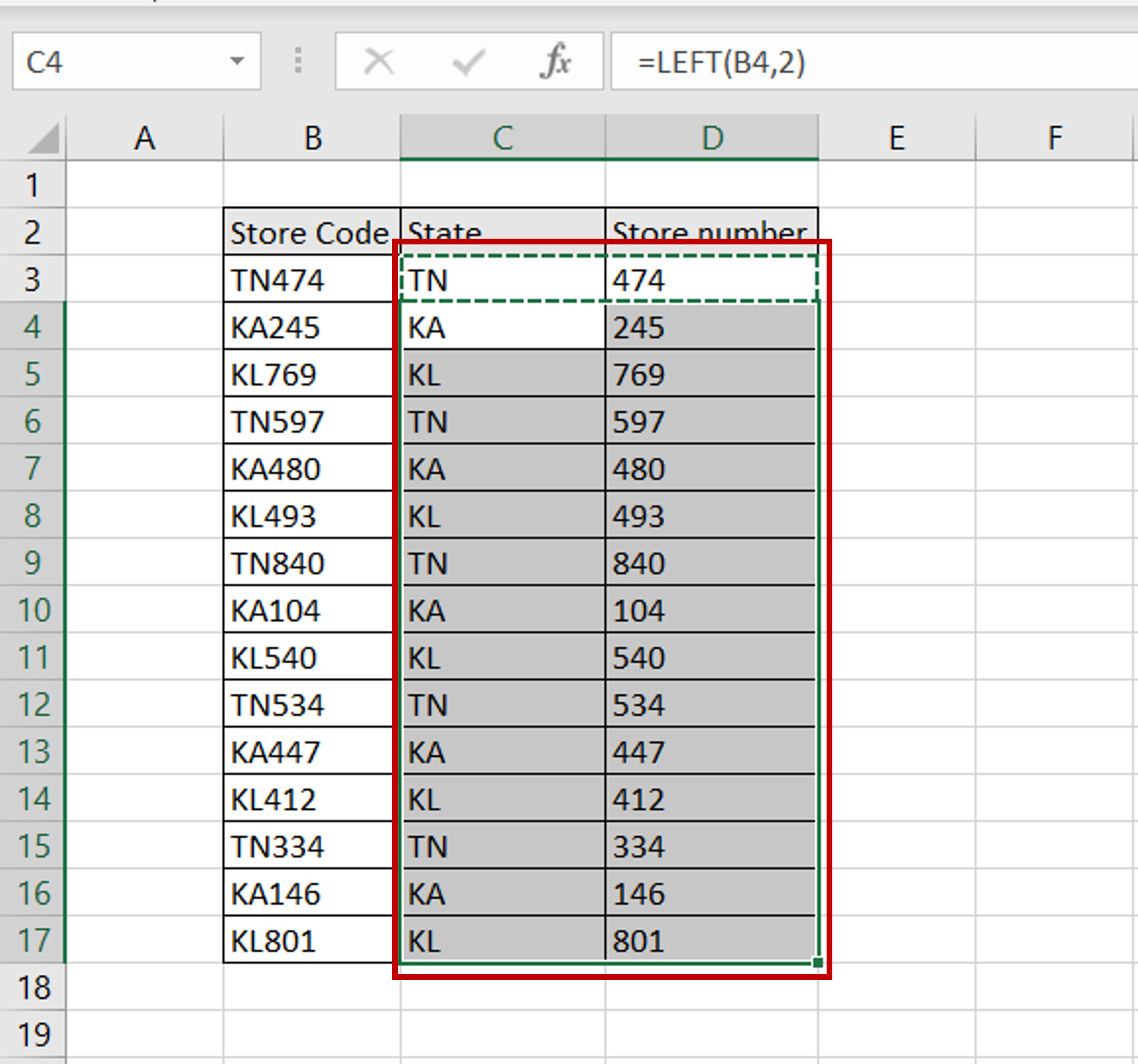
Extracting email addresses from Excel can be a daunting task, especially if you're dealing with a large dataset. However, with the right tools and techniques, you can easily extract email addresses from Excel and use them for various purposes such as email marketing, lead generation, or data analysis. In this article, we will provide a step-by-step guide on how to extract email addresses from Excel.
Why Extract Email Addresses from Excel?
Before we dive into the step-by-step guide, let's first understand why extracting email addresses from Excel is important. Email addresses are a crucial piece of information that can help you connect with customers, prospects, or partners. By extracting email addresses from Excel, you can:
- Build an email list for marketing campaigns
- Reach out to customers or prospects for sales or support
- Analyze email data to gain insights into customer behavior
- Automate email-related tasks using email marketing software
Step 1: Prepare Your Excel Data
Before you start extracting email addresses from Excel, make sure your data is clean and organized. Here are some tips to prepare your Excel data:
- Remove any unnecessary columns or rows
- Ensure that email addresses are in a single column
- Use a consistent format for email addresses (e.g., [name]@domain.com)
Step 2: Use Excel's Built-in Functions
Excel has several built-in functions that can help you extract email addresses from a dataset. Here are a few examples:
- Text to Columns: This function allows you to split a column into multiple columns based on a delimiter (e.g., space, comma, etc.). You can use this function to extract email addresses from a column that contains multiple pieces of information.
- Find and Replace: This function allows you to find specific text within a column and replace it with another text. You can use this function to extract email addresses by finding specific keywords (e.g., "@", ".com", etc.) and replacing them with a specific text.
Here's an example of how to use the Text to Columns function:

Step 3: Use Regular Expressions
Regular expressions (regex) are a powerful tool for extracting data from text. You can use regex to extract email addresses from a column by using a specific pattern. Here's an example of a regex pattern that can extract email addresses:
^[a-zA-Z0-9._%+-]+@[a-zA-Z0-9.-]+.[a-zA-Z]{2,}$
Here's an example of how to use regex in Excel:

Step 4: Use VBA Macros
VBA (Visual Basic for Applications) macros are a powerful tool for automating tasks in Excel. You can use VBA macros to extract email addresses from a dataset by using a specific script. Here's an example of a VBA macro that can extract email addresses:
Sub ExtractEmails()
Dim cell As Range
Dim emails As String
For Each cell In Selection
If cell.Value Like "*@*" Then
emails = emails & cell.Value & ";"
End If
Next cell
Range("B1").Value = emails
End Sub
Step 5: Use Third-Party Tools
There are several third-party tools that can help you extract email addresses from Excel. Here are a few examples:
- Email Extractor: This tool allows you to extract email addresses from Excel, Word, and other file formats.
- Excel Email Extractor: This tool allows you to extract email addresses from Excel and export them to a CSV file.
Here's an example of how to use Email Extractor:

Gallery of Email Extraction Tools




FAQs
What is the best way to extract email addresses from Excel?
+The best way to extract email addresses from Excel depends on the complexity of your data and your level of expertise. You can use Excel's built-in functions, regular expressions, VBA macros, or third-party tools to extract email addresses.
Can I extract email addresses from a PDF file?
+Yes, you can extract email addresses from a PDF file using a PDF parser or a third-party tool that supports PDF extraction.
How can I validate extracted email addresses?
+You can validate extracted email addresses by using a email validation tool or a regex pattern that checks for valid email formats.
By following these steps, you can easily extract email addresses from Excel and use them for various purposes. Remember to always validate extracted email addresses to ensure accuracy and avoid errors.
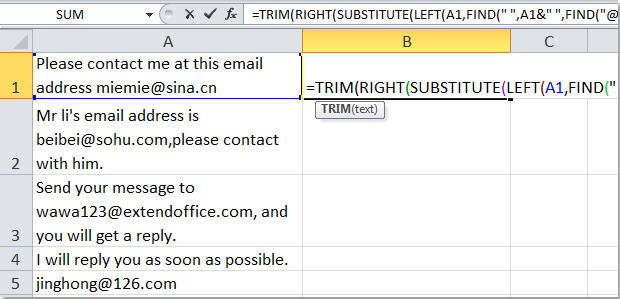


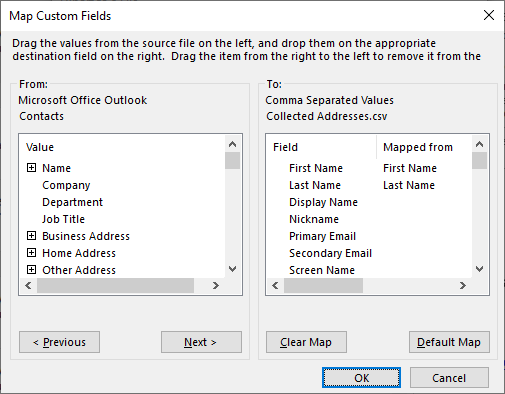
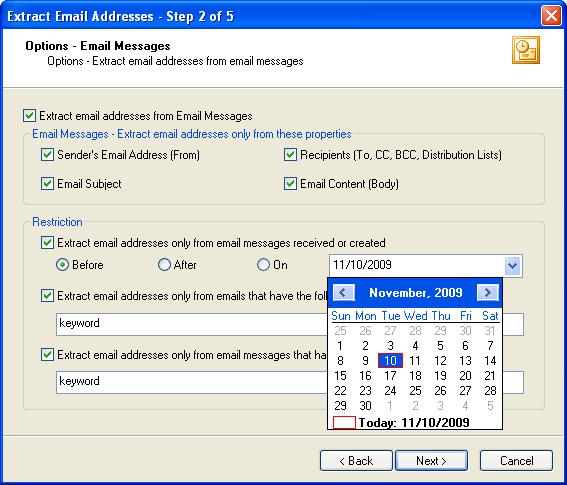

![How To Use the XLOOKUP Function in Excel [Step-by-Step]](https://dpbnri2zg3lc2.cloudfront.net/en/wp-content/uploads/old-blog-uploads/excel-example-xlookup-data-set.png)
